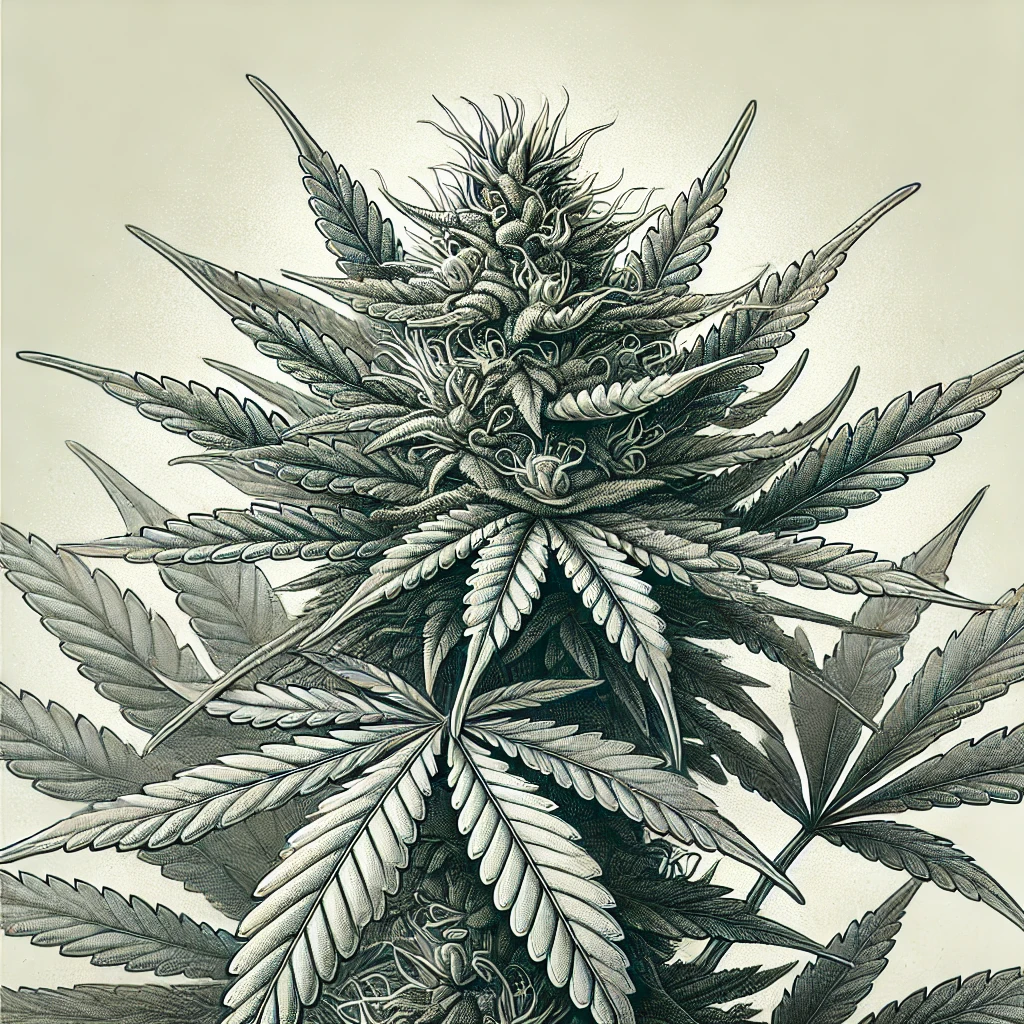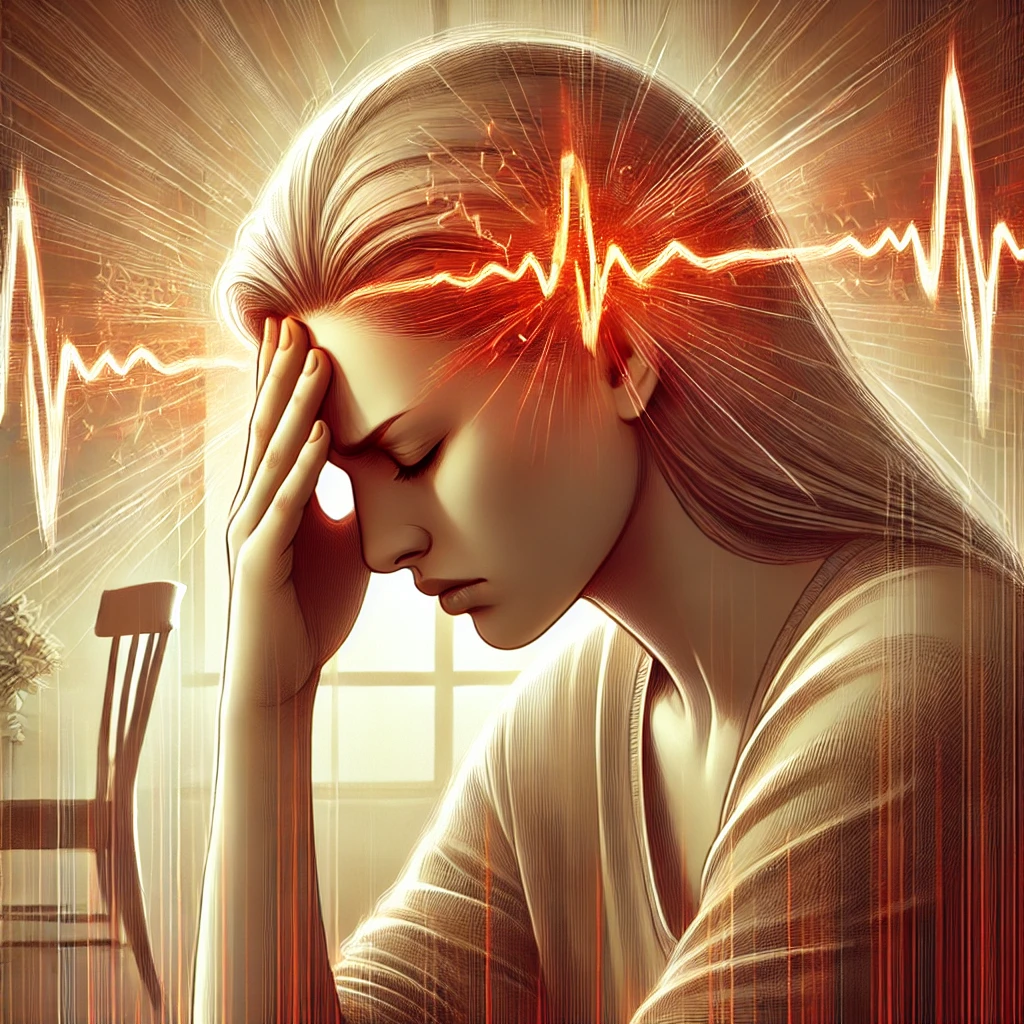Can Marijuana Help with My ADHD?
A lot of my clients ask whether marijuana helps with ADHD, so I’ve done some research to find out. The answer isn’t straightforward, and it’s important for you to listen to your own body when deciding what’s right for you.
Marijuana has become more common for both recreational and medicinal use, with plenty of states legalizing it. While some evidence suggests that marijuana, especially CBD, can help with things like sleep, pain, and anxiety, it’s a different story when it comes to ADHD.

Marijuana and ADHD: A Breakdown
When we talk about marijuana, we’re talking about two key components: THC and CBD.
- THC is the psychoactive part that makes you feel high.
- CBD is non-psychoactive and has calming, anti-inflammatory effects.
Some people with ADHD use marijuana, particularly high-CBD strains, and say it helps them feel less anxious or more focused. But it’s important to look closely at the research before jumping to conclusions.
So, What Does the Research Say?
1. Can Marijuana Help with Focus and Impulsivity?
There’s not much strong research out there that says marijuana is a reliable treatment for ADHD. Some small studies suggest that cannabis, particularly CBD, might help some people manage certain symptoms, like feeling anxious or restless. But here’s the kicker: most of this is anecdotal, meaning it’s based on personal stories, not large, well-controlled studies (Dhamija et al., 2023).
In fact, some research points to the opposite—THC-heavy strains could actually make ADHD symptoms like focus and executive functioning worse. So while some people say it helps, the science says be cautious, especially with THC (Loflin et al., 2014).
2. How Does Cannabis Affect the ADHD Brain?
Cannabis impacts areas of the brain that are already involved in ADHD—things like memory, attention, and impulse control. Research shows that marijuana can change brain structure, especially when used at a young age. Chronic cannabis use is linked to changes in the way dopamine works in the brain, which is critical for managing ADHD symptoms like impulsivity (Scott et al., 2018).
So while it might feel like marijuana helps in the short term, using it regularly could actually make ADHD symptoms worse over time (Dhamija et al., 2023).
3. What About Other Conditions Like Anxiety or Depression?
Many people with ADHD also deal with anxiety or depression, and marijuana—particularly CBD—is often used to help with these conditions. There’s some evidence that CBD can reduce anxiety, which might be why some people with ADHD feel it helps them calm down or focus better (Blessing et al., 2015).
But here’s the catch: THC, the psychoactive part of cannabis, can also increase the risk of anxiety and even depression, especially if you use it frequently or in high doses. And since people with ADHD are already at a higher risk for substance use disorders, it’s important to keep an eye on your cannabis use to avoid long-term issues (Volkow et al., 2014).
4. Can Marijuana and ADHD Meds Work Together?
There’s very little research on how marijuana interacts with ADHD medications like Adderall or Ritalin. Some people say that using cannabis helps with the side effects of stimulants, like appetite loss or anxiety. But the downside is that marijuana might also dampen the effects of your meds, making them less effective (Cooper et al., 2017).
Always talk to your doctor before trying both cannabis and ADHD meds at the same time, because the interaction might not be as helpful as you’d expect.
5. Are There Risks with Using Marijuana for ADHD?
The short answer is yes. People with ADHD are more likely to develop cannabis use disorder (CUD), especially if they start using it young or use it heavily (Bidwell et al., 2014). Marijuana can affect things like memory, attention, and executive functioning—all of which are already difficult for people with ADHD.
For adolescents and young adults, heavy cannabis use can even lead to more serious issues like early-onset depression, psychosis, or permanent changes in IQ (Volkow et al., 2014). It’s important to be aware of these risks if you’re thinking about using marijuana to manage ADHD symptoms.
The Bottom Line
So, can marijuana help with ADHD? The answer is complicated. While CBD might help reduce anxiety for some, THC-heavy strains come with risks like increased anxiety, impaired focus, and long-term brain changes. And for people with ADHD, the risk of developing a substance use disorder is higher.
As with any treatment, you need to make decisions based on what works for you. If you’re considering marijuana as part of your ADHD management, start with a conversation with your healthcare provider, and be sure to keep an eye on how it affects both your symptoms and your overall well-being.
References
Bidwell, L. C., Henry, E. A., Willcutt, E. G., Kinnear, M. K., & Ito, T. A. (2014). Childhood and current ADHD symptom dimensions are associated with more severe cannabis outcomes in college students. Drug and Alcohol Dependence, 135, 88–94. https://doi.org/10.1016/j.drugalcdep.2013.11.020
Blessing, E. M., Steenkamp, M. M., Manzanares, J., & Marmar, C. R. (2015). Cannabidiol as a potential treatment for anxiety disorders. Neurotherapeutics, 12(4), 825-836. https://doi.org/10.1007/s13311-015-0387-1
Cooper, R. E., Williams, E., Seegobin, S., Tye, C., Kuntsi, J., & Asherson, P. (2017). Cannabinoids in attention-deficit/hyperactivity disorder: A randomised-controlled trial. European Neuropsychopharmacology, 27(8), 795-808. https://doi.org/10.1016/j.euroneuro.2017.05.005
Dhamija, D., Bello, A. O., Khan, A. A., Gutlapalli, S. D., Sohail, M., Patel, P. A., Midha, S., Shukla, S., & Mohammed, L. (2023). Evaluation of efficacy of cannabis use in patients with attention deficit hyperactivity disorder: A systematic review. Cureus, 15(6). https://doi.org/10.7759/cureus.40969
Loflin, M. J. E., Earleywine, M., De Leo, J., & Hobkirk, A. (2014). Subtypes of attention deficit-hyperactivity disorder (ADHD) and cannabis use. Substance Use & Misuse, 49(4), 427-434. https://doi.org/10.3109/10826084.2013.841251
Scott, J. C., Slomiak, S. T., Jones, J. D., Rosen, A. F., Moore, T. M., & Gur, R. C. (2018). Association of cannabis with cognitive functioning in adolescents and young adults: A systematic review and meta-analysis. JAMA Psychiatry, 75(6), 585–595. https://doi.org/10.1001/jamapsychiatry.2018.0335
Volkow, N. D., Baler, R. D., Compton, W. M., & Weiss, S. R. (2014). Adverse health effects of marijuana use. The New England Journal of Medicine, 370(23), 2219-2227. https://doi.org/10.1056/NEJMra1402309




